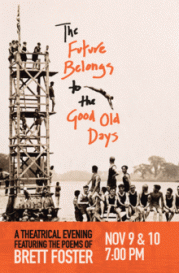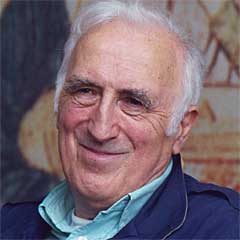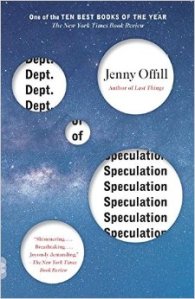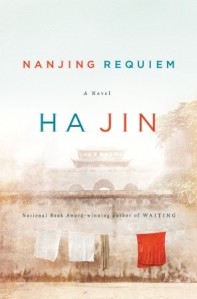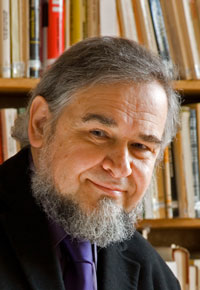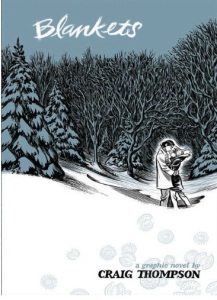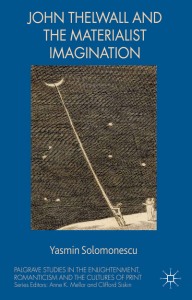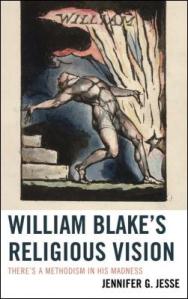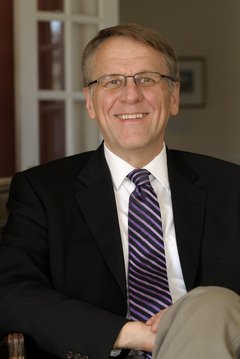 Roger Lundin (1949–2015) holds a special place in my heart. Roger is, quite simply, one of my favorite people in this entire world. I do not say this lightly. Roger filled a room with his towering presence, but to talk to him over a meal or over coffee was to sit with a sage and a shepherd, a man who cared about me as a person. Finding words to describe this has been difficult.
Roger Lundin (1949–2015) holds a special place in my heart. Roger is, quite simply, one of my favorite people in this entire world. I do not say this lightly. Roger filled a room with his towering presence, but to talk to him over a meal or over coffee was to sit with a sage and a shepherd, a man who cared about me as a person. Finding words to describe this has been difficult.
Perhaps I can begin somewhere safe, for his singular ability to convey ideas about life in moments of personal communion, of course, shines through in his writing. In one section of his Believing Again (2009), Roger draws on W. H. Auden to articulate the idea of surrendering ourselves in order to be assimilated: “We give ourselves up in the service of the books, beliefs, and rituals that have nourished us, and in turn we surrender ourselves to others and to the future, so that they may assimilate us according to their needs” (281).
Roger thought narrative had a peculiar capacity to mediate transformation. He shared that deeply Romantic insight of Coleridge that literature gives “words for my inmost thoughts, songs for my joy, utterances for my hidden griefs, and pleadings for my shame and my feebleness.” Roger says much the same thing in a lovely short video for a summer course: “Narrative can help us by giving us the capacity to find in the record of the past—and specifically in God’s faithfulness in the past—grounds for hope for the future.”
So it is no surprise that when I first met Roger, as he led Wheaton College’s new faculty Faith and Learning program, we quickly developed a friendship over theology and literature and a common appreciation for the place of suffering in the Christian life. I came to Wheaton in the midst of a great sadness. Broken and uncertain, I found in Roger a friend who cared and understood. Part father-figure, part companion in the life of reflection, Roger reached out to me, put his arm around me, and held me tight more than once.
In the Fall 2011 semester, Roger and I co-taught a seminar on transatlantic Romantic Literature and Theology. Teachers rarely learn from colleagues in the classroom. We work down the hall or across campus. To lead a seminar together was something entirely different.
In fact, I struggled to find my voice that semester. Me, a young professor still developing as a scholar and forming an interpretation of the age as a whole, paired with an established guide who had shaped hundreds and thousands of students with the strength of his mind and the force of his personality. His memory was unparalleled: I once counted more than forty specific references or quotations from religious and literary figures in a one hour conversation he had with students. But as a co-teacher, Roger, ever generous, gave me space to speak, to share, to teach.
But my voice that semester was also feeble as I faced personal trials yet again. I came to class, so often, under-prepared, exhausted, and distracted. Students looked to me for lectures, but my thoughts were muddled and inadequate. He stepped in, so often, drawing on his vast resources and experience. Still, my confession is true: Roger shared my weakness in a time of great need. He held me in friendship as we walked through that semester together. Roger was Christ in my life.
It’s hard not to look back on time with lament. In the spring, we talked of projects for the future. A new iteration of our class. A conference on theology and literature. I imagined, foolishly, more time remained. Regrets fill my eyes with tears of what should have been, of what I failed to do.
Here, now, I find myself returning to Roger’s words, translating life into thought once more. “I’ve always tried to tell my students, and remind myself, that’s why in human life our goal can’t be to go back to the innocence of the childhood we have lost,” he says in the video I find myself playing over and over again. “The way back is barred. The Christian life is about the way forward. But the way forward is the way forward through the cross and the empty tomb.”
Roger, like so many authors he could recite from the vast stores of his memory, nourished others in friendship. His presence, now assimilated, belongs to our future. “The Bible begins in the Garden and ends in the City.” We cannot go back to a time of innocence. Couldn’t we go back just a little while longer? I still find myself asking.
